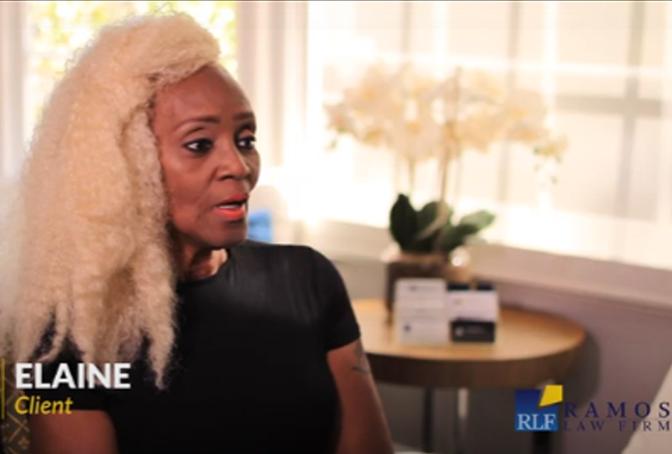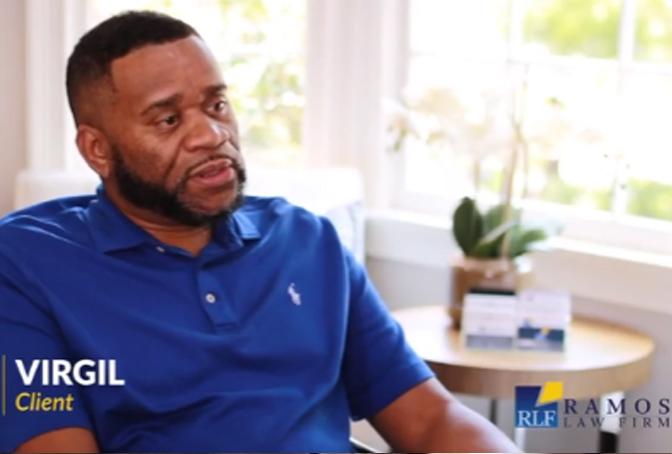Settling workers’ compensation claims for injured workers
The workers’ compensation law in Georgia encourages settlement whenever possible. Cases can even be settled before you physically recover from your injuries. But in most cases, injured workers settle only after their medical conditions have stabilized. This is a practical move considering that workers may not know whether their physical damages will be permanent or temporary. Also, you may find it very difficult to live on workers’ compensation benefits.
The settlement procedure
You typically start the settlement process by submitting a settlement demand to the insurance company. This is a starting point for the parties to negotiate a settlement figure and terms necessary to close the case. The insurance company may reject or accept the demand or counter with a new offer. Negotiations will ensue until both parties have agreed on a settlement amount.
Workers’ compensation settlement in Georgia is purely voluntary. The judge or State Board official cannot force you or the insurance company to settle the claim. Both parties must agree to the settlement terms and conditions. Georgia workers’ compensation cases where income benefits were paid generally settle on a compromise liability basis, where the parties agree to foreclose on future liability and risk. Alternatively, suppose no income benefits are paid. In that case, the employer will generally insist on settling on a no-liability basis disputing its responsibilities under the Georgia Workers’ Compensation Act in exchange for a lump sum of money.
Workers’ compensation settlements generally release the employer from all other claims to the injury, including wage loss benefits, vocational rehabilitation services, and the right to medical treatment. Most insurance companies require a complete closure of the claim upon settlement, ending their obligation to pay benefits.
The parties can cancel the settlement at any time before the Workers’ Compensation Board approves the settlement agreement. But once a judge approves the settlement, it cannot be canceled. As the injured worker, you are entitled to payment after 20 days once a judge approves the agreement.

Terms of agreement for the settlement
The terms of the agreement will determine the distribution of settlement money. Several items may be subtracted from your settlement.
- Unpaid medical bills
- Attorney’s fees
- Unpaid child support
- A portion of the settlement money may also be set aside for future medical treatment related to the work injury
Work with injury lawyers who care
Filing for and negotiating a workers’ compensation settlement demands legal skills and knowledge. A lawyer will always represent the insurance company, and you will be disadvantaged if you do not have an attorney.
We are committed to getting a fair outcome and care for you and your family through the process. Schedule a consultation with one of our trusted lawyers.
REPRESENTATIVE CASES
These case studies are not meant to promise or guarantee a certain or similar result, but rather to demonstrate the legal attention and work ethic our attorneys assert in our cases. Every case is different and is fact sensitive. Certain facts can greatly influence and determine a client’s award, outcome, and recovery.
Back Strain
An employee worked for a manufacturer of outdoor power products in Middle Georgia. His job required him to pull pallets of material across the work area. As a result, he experienced a back strain. The manufacturer denied the claim and contested his need for medical care. Ramos & Law was able to secure helpful diagnostic scans and meaningful medical care for the injured worker. After a few months of litigation, the parties reached a settlement of $65,000 with a complete resolution of all outstanding medical bills.
Foot Injury
An employee was stocking heavy merchandise for a large retailer in Columbus, Georgia. During the course of her job duties, a stocking cart of the merchandise fell on her right foot and great toe. The national retailer directed her to its company doctors but she received very little relief. The attorneys at Ramos & Law were able to navigate her medical care to more qualified doctors where she received a better overall results. As she reached maximum medical improvement, the large retailer settled the claim for over $100,000 and paid for all of her past medical treatment.
Failed Back Syndrome
An employee was working part-time for a large automotive parts store. The employee fell off a ladder injuring his teeth, neck, ribs, and low back. After exhausting conservative medical care, physical therapy, injection regimens, and medication, it became clear that this injured employee required the need for spinal surgery. While the insurance company fought the surgery, Ramos & Law was able to force the insurance company into paying for the surgery and associated therapies including the implant of a spinal cord stimulator. Given the severity of the injury, Ramos & Law was able to refer the client to a federal disability benefit specialist who assisted him in securing Social Security. This part-time employee settled his case for $185,000 plus almost $300,000 in future medical care.
Low Back Herniations
A pediatric physician injured his back while assisting a child off an examining room table. As a result, the physician herniated several discs in his spine which also triggered depressive mental episodes. While the insurance company denied medical coverage for his numerous symptoms, Ramos & Law was able to secure quality medical care for the employee including orthopedic care, psychiatric treatment, a spinal cord stimulator, and physical therapy. Additionally, the employee received on-going income benefits at the maximum workers' compensation rate. At the end of the case, the matter settled for a figure close to $250,000 in addition to payment of previous medical bills.
Shoulder Injury
An employee at a beverage maker in Atlanta was stocking heavy cases of merchandise when she felt severe neck and shoulder pain. It was revealed that she suffered a torn rotator cuff. While the beverage maker initially denied her medical care, Ramos & Law was able to convince the employer to approve her treatment plan and accept the case. After months attempting to return to work, it was clear that the employer was not able to accommodate her medical limitations. As a result, the case settled for $115,000, along with all her medical bills being paid.
Severe Burn
A part-time grocery employee fell into a tub of “degreaser” that caused severe third degree burns over his torso and buttocks region. The employee required immediate medical care and several weeks in the intensive care unit within the local burn center. The costs of the care reached in the millions of dollars. While the grocery store denied liability for the accident, the attorneys at Ramos & Law were able to secure a settlement of $250,000 in addition to the employer’s acknowledgment to pay for all past medical bills.




